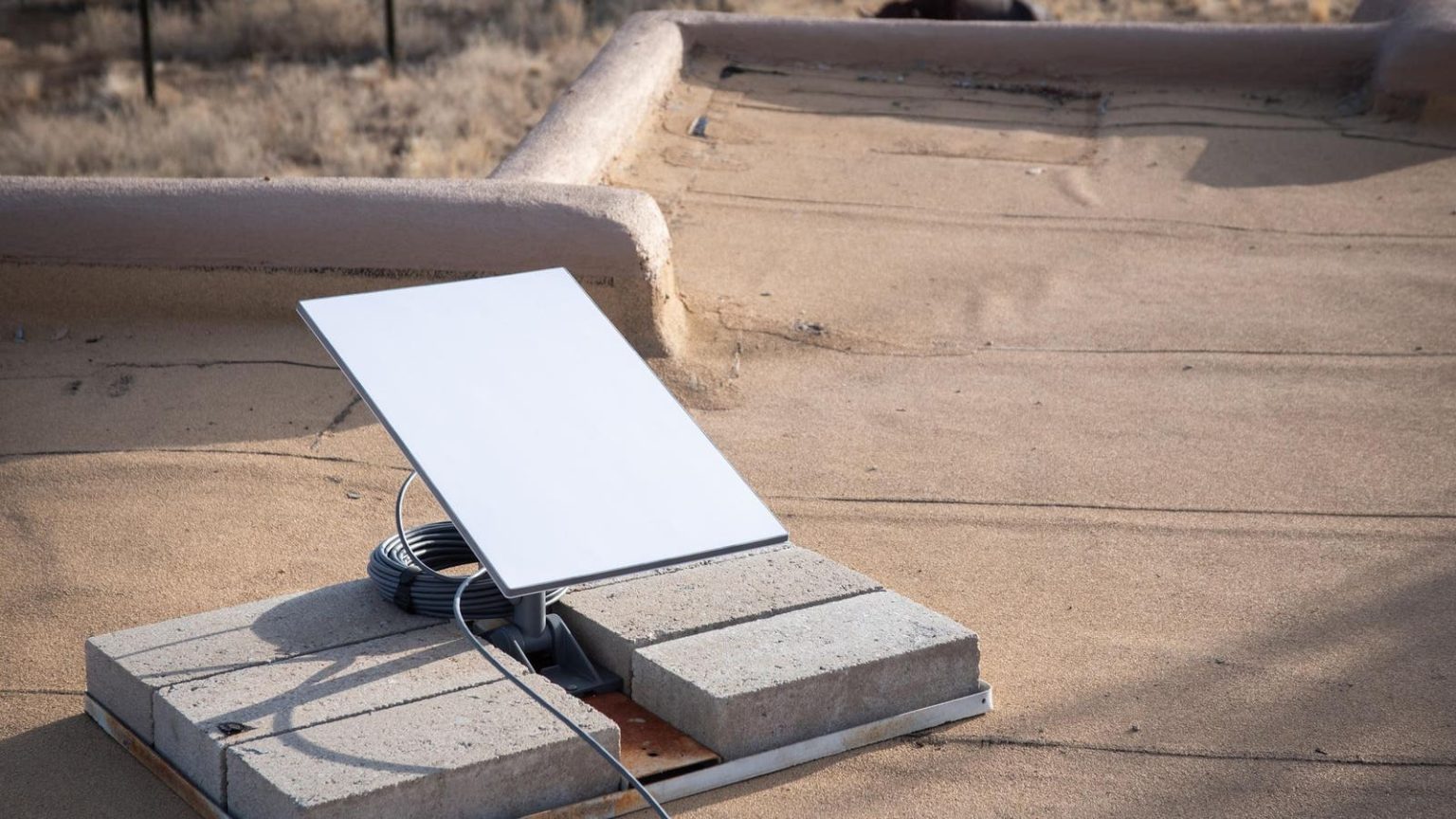Elon Musk’s SpaceX is reportedly close to finalizing a deal to provide Starlink satellite internet to Yemen, a move that could greatly improve connectivity in the war-torn country. The Yemeni government is currently in negotiations with SpaceX to secure a licensing agreement, with the deal expected to be completed within a month. If successful, this agreement could potentially transform internet access in Yemen, a country that has suffered from years of civil war, poor connectivity, and censorship.
The deal between SpaceX and Yemen would provide access to Starlink’s network of satellites, which orbit Earth and provide high-speed internet services to users on the ground. This agreement could be a significant win for Yemen’s government, which has been battling Iran-backed Houthi rebels for control of the country. The rebels, who currently control much of Yemen, have used their control over telecommunications networks to suppress dissent and solidify their power.
While Starlink is not officially operating in Yemen yet, the potential deal would make Yemen one of the few countries in the Middle East licensed to use Starlink’s technology. There have been reports of a black market for Starlink technology in various countries, including Yemen, where unauthorized groups have been able to access the internet services. SpaceX has pledged to investigate and shut down unauthorized users of its technology.
Starlink’s satellite-based service could be more resilient to attacks by groups like the Houthi rebels, compared to traditional telecommunications infrastructure. This underscores the growing power of non-state actors like SpaceX in the field of telecommunications. Starlink’s technology could help bridge connectivity gaps in remote areas and areas with limited infrastructure, offering an alternative to traditional internet services.
Houthi militants in Yemen have recently escalated tensions in the region by attacking trade ships in the Red Sea, disrupting global trade. The militants have also been accused of targeting undersea cables that carry internet and telecoms services. However, they have denied cutting the cables, stating that their attacks on ships are in solidarity with the people of Gaza. The potential introduction of Starlink in Yemen could provide an alternative to vulnerable undersea cables for internet connectivity.
With a net worth of $199.6 billion, Elon Musk is the second richest person in the world, after Bernard Arnault of LVMH. Much of Musk’s wealth comes from the companies he has founded and leads, including Tesla, SpaceX, Neuralink, and The Boring Company. Musk’s companies are at the forefront of technological innovation, with SpaceX’s Starlink project aiming to provide global internet coverage. The potential agreement with Yemen could be a significant step in expanding Starlink’s reach and improving connectivity in the war-torn country.


